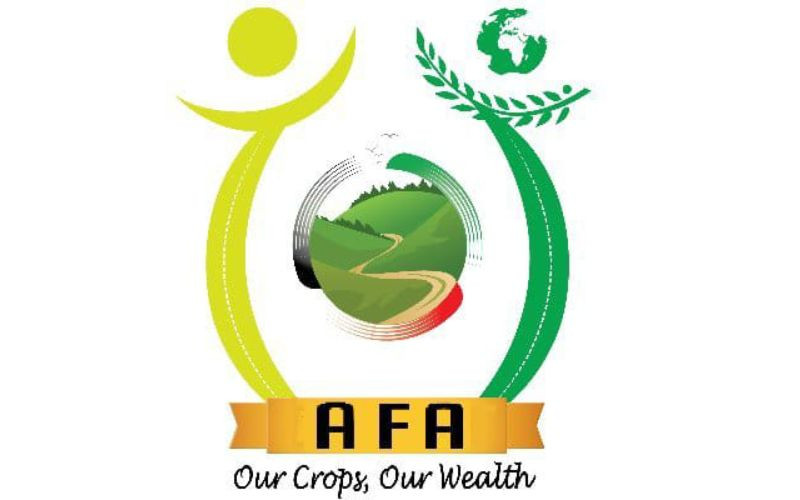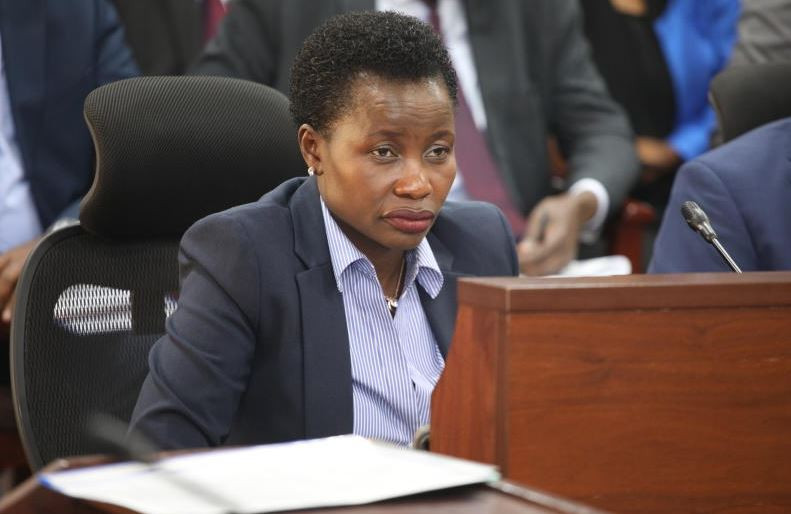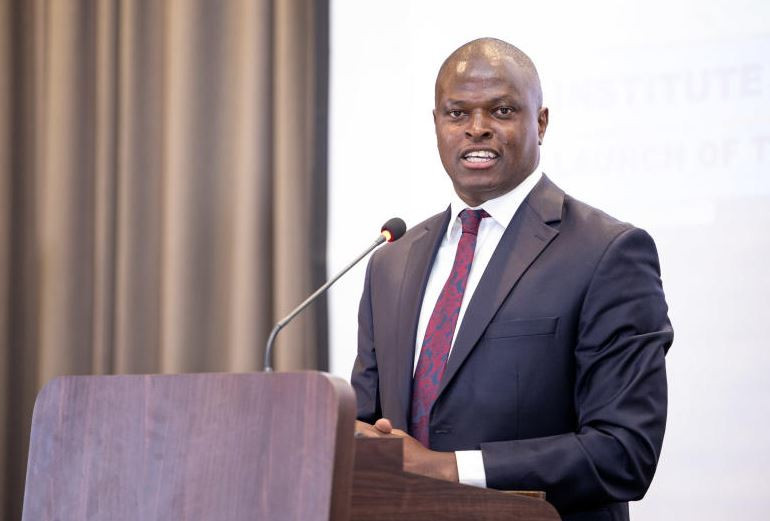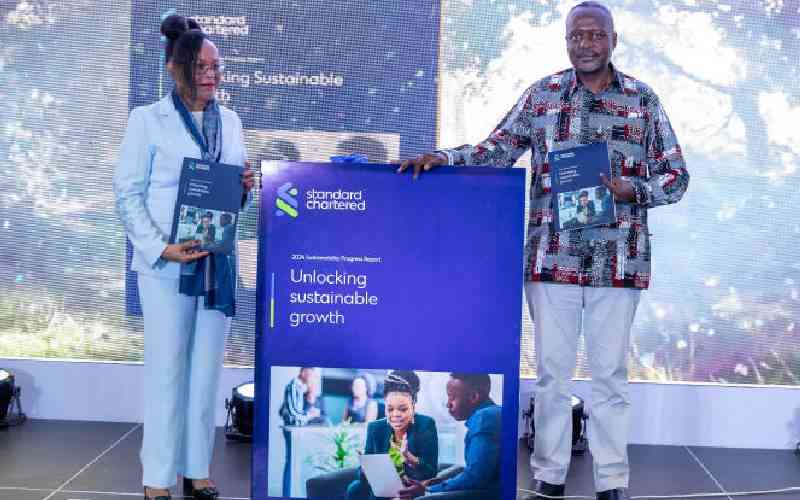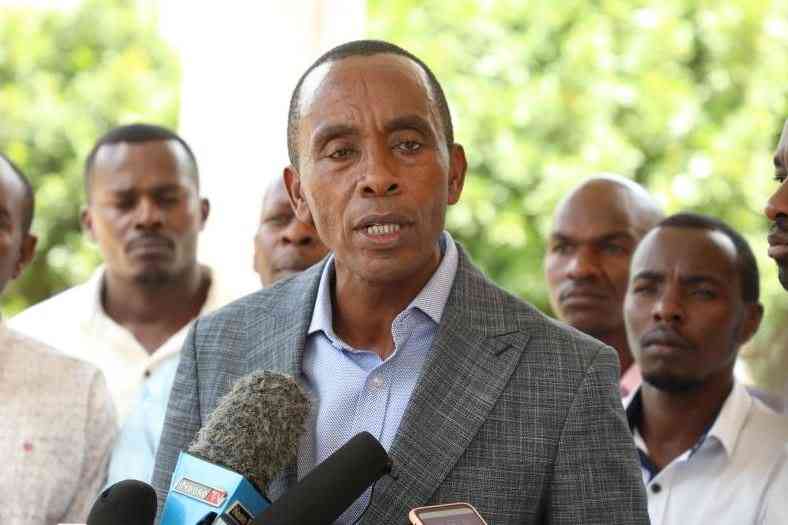
As Kenya continues to deepen its devolution journey, the realisation of development at the grassroots and improved service delivery depends significantly on how counties manage and mobilise their financial resources. While the equitable share from the national government remains vital, long-term sustainability and autonomy of counties hinge on the strengthening of Own Source Revenue (OSR).
The reality is that an overreliance on national disbursements, often subject to delays, leaves counties exposed to financial uncertainty. Delays in the release of funds from the National Treasury disrupt critical projects, affect staff remuneration and cause accumulation of pending bills.
In many cases, counties find themselves committing to budgets based on projected national allocations and OSR targets that may not materialise due to a variety of constraints. The result is delayed development, frustrated service delivery and weakened public confidence.
A common misconception is that increasing revenue requires increasing the financial burden on citizens through higher taxes or levies. Yet, the real opportunity lies in reforming revenue collection systems to ensure efficiency, transparency and accountability.
By sealing leakages, embracing digital systems and expanding the revenue base through innovation and formalisation, counties can increase their revenue without raising rates.
In Kiambu, we have undertaken deliberate efforts to make this a reality. While we continue to learn and improve, technology has played a transformative role in our approach to revenue collection. The adoption of an Enterprise Resource Planning system has allowed us to digitise county services, streamline processes and improve transparency in collections. By doing so, we have created a more efficient, citizen-friendly environment where services are easier to access and revenue flows are easier to monitor.
The results over the past three years have been encouraging. In the financial year 2021/2022, our OSR stood at Sh2.9 billion. This rose to Sh3.6 billion in 2022/2023, then to Sh4.58 billion in 2023/2024. In the current financial year 2024/2025, we have already realised Sh5.4 billion.
This growth was achieved not by increasing rates, but by improving compliance, simplifying payment processes and in some cases, reducing financial pressure on residents.
A case in point is our decision to reduce land rates from 0.25 per cent to 0.15 per cent of the unimproved site value, a strategic move aimed at boosting compliance and economic activity, particularly among small enterprises.
However, efficient revenue collection is only one part of the equation. The true test of financial stewardship lies in how these funds are used. When citizens see their taxes translating into real, visible and meaningful development, their confidence in governance grows along with their willingness to comply.
In the last two years, we have constructed 312 ECDEs centres across the county, introduced feeding programme to our ECDE-going children, increased the bursary fund programme from Sh100 million to Sh500 million, constructed six level four hospitals, 26 Level three hospitals, commissioned 17 X-ray machines and 25 ultra-sound machines among other equipment in our hospitals.
These outcomes have been made possible through fiscal discipline, prioritisation and a strong belief in the potential of OSR as a tool for transformation. The experience so far reinforces the idea that counties can achieve significant progress through strategic planning and prudent financial management.
As we continue to implement the spirit of devolution, there is immense value in learning from each other. Every county has its own context, strengths and challenges but the importance of building strong local revenue systems cuts across. With devolution now firmly on course, it is clear that strengthening local revenue collection and managing it prudently are critical steps toward achieving sustainable development.
There is also great value in inter-county learning. No single approach fits all, but counties can gain immensely by sharing experiences, innovations and best practices, particularly on how to enhance OSR without placing an undue burden on their people.
Stay informed. Subscribe to our newsletter

